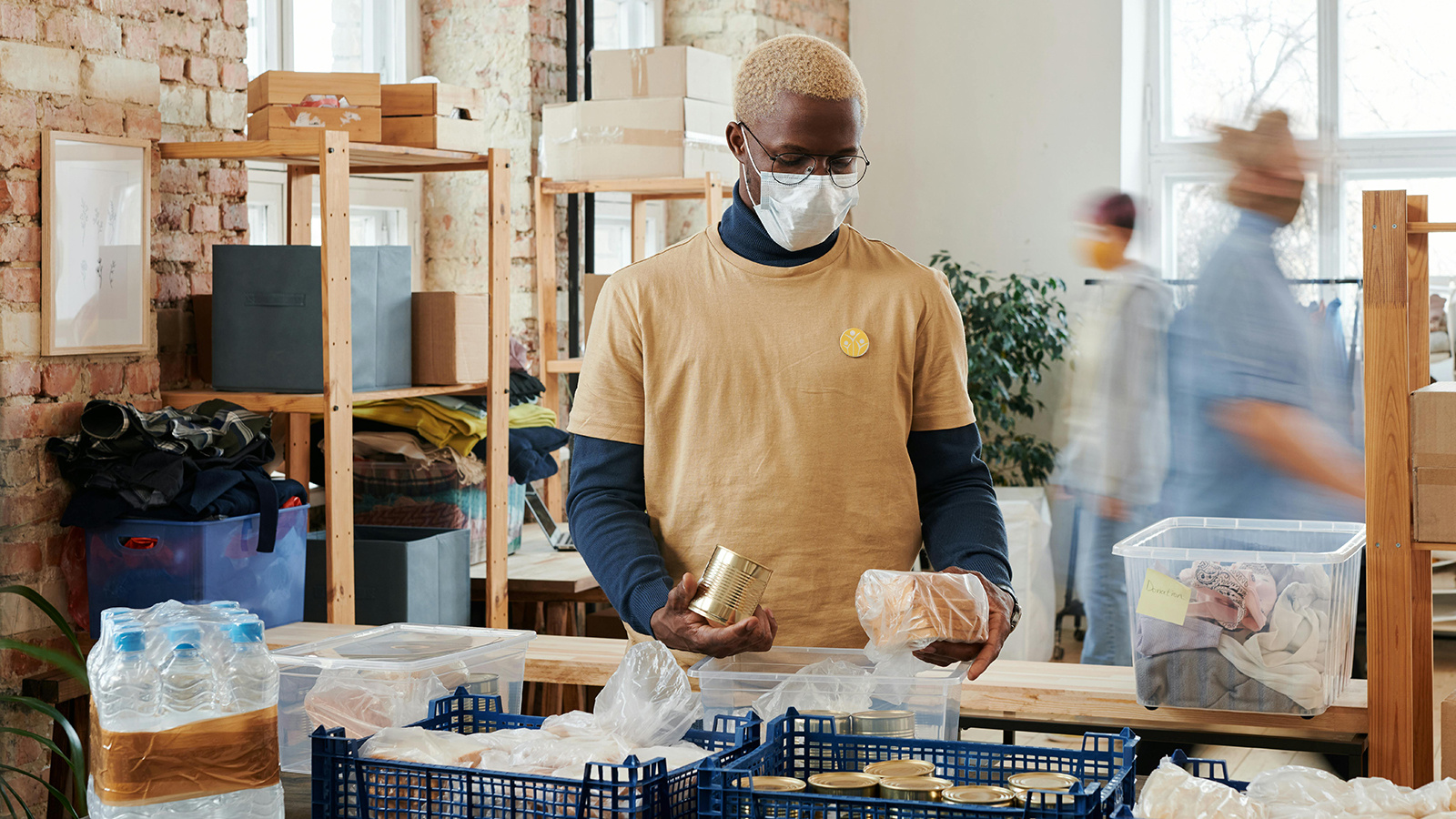It can be hard to imagine that there are almost half a million adults and children living with hunger in Ontario. In Waterloo Region alone, 1 in 10 households are food insecure. Food insecurity is defined as a lack of consistent access to enough food for an active, healthy life.
Household food insecurity is linked to poor nutritional intake, meaning a nutritionally inadequate diet containing lower amounts of milk, fruits, vegetables, and meat. More than 58,000 people last year in Waterloo Region did not have sufficient income to provide themselves or their families with nutritionally balanced food.
Food systems in our communities are key to our health and well-being. A goal of Kindred’s is to engage with many different partners to improve access to healthy food and contribute to the development of a sustainable food system. One such partner, The Waterloo Region Food Bank (The Food Bank), has a program that is essential to many: a Milk Program.
It’s well-known that milk is important. It provides necessary nutrition and proteins to humans, and pairs really well with cookies. While the average everyday person might not think much about milk beyond their grocery list, not everyone has access to milk or milk products.
The Food Bank’s Milk Program was created to ensure women and children (under 18 years old) receiving a food hamper will be provided with a litre of milk. Each year, The Food Bank receives milk allocations from their provincial partner, Feed Ontario. This number changes yearly based on the Hunger Count and product availability through Feed Ontario’s relationship with Parmalat. The Food Bank also serves as the hub for milk distribution to Cambridge Food Bank, Palmerston, Listowel, and Walkerton.
The Food Bank’s goal is to reduce hunger in our region and identify proactive solutions to address poverty and food insecurity. They support the Community Food Assistance Network, which includes over 120 agencies and community programs.
Kindred founders’ radical vision was to see mutual aid put into faithful practice – individuals or groups bearing one another’s burdens, helping each other out in times of need and in times of plenty. Since our earliest days, Kindred has also fostered mutual aid and economic justice by providing more ways for members to support each other and our communities.
We continue to support organizations and charities that align with our social impact theme of community food security to improve access to healthy foods and contribute to the development of a sustainable food system. Our Charitable Fund is a major source of charitable giving, while Kindred products, like our Crisis Care GIC or Partnership GIC, are unique investments for members to contribute to mutual aid while they live our values every day.
Together, we make peace in practical ways – doing what we can to make sure everyone has enough food to eat, a safe place to call home, and that there is mutual wellbeing.

